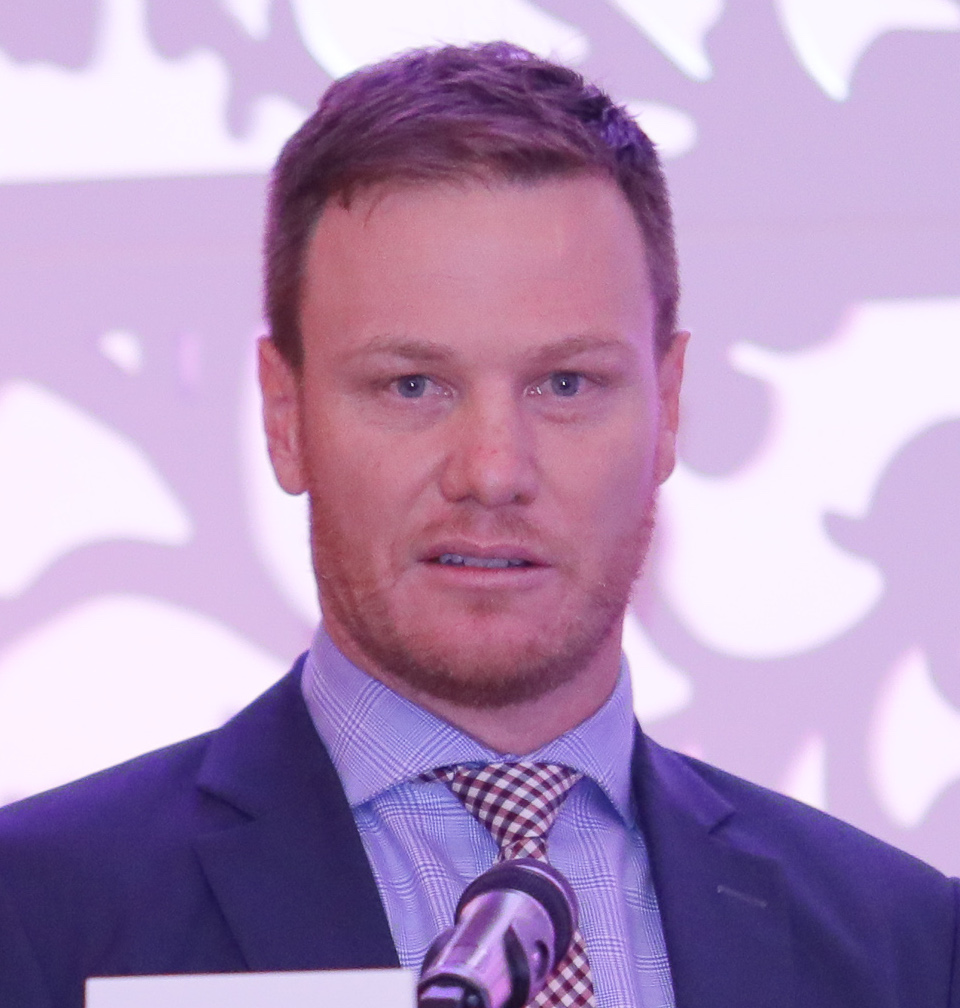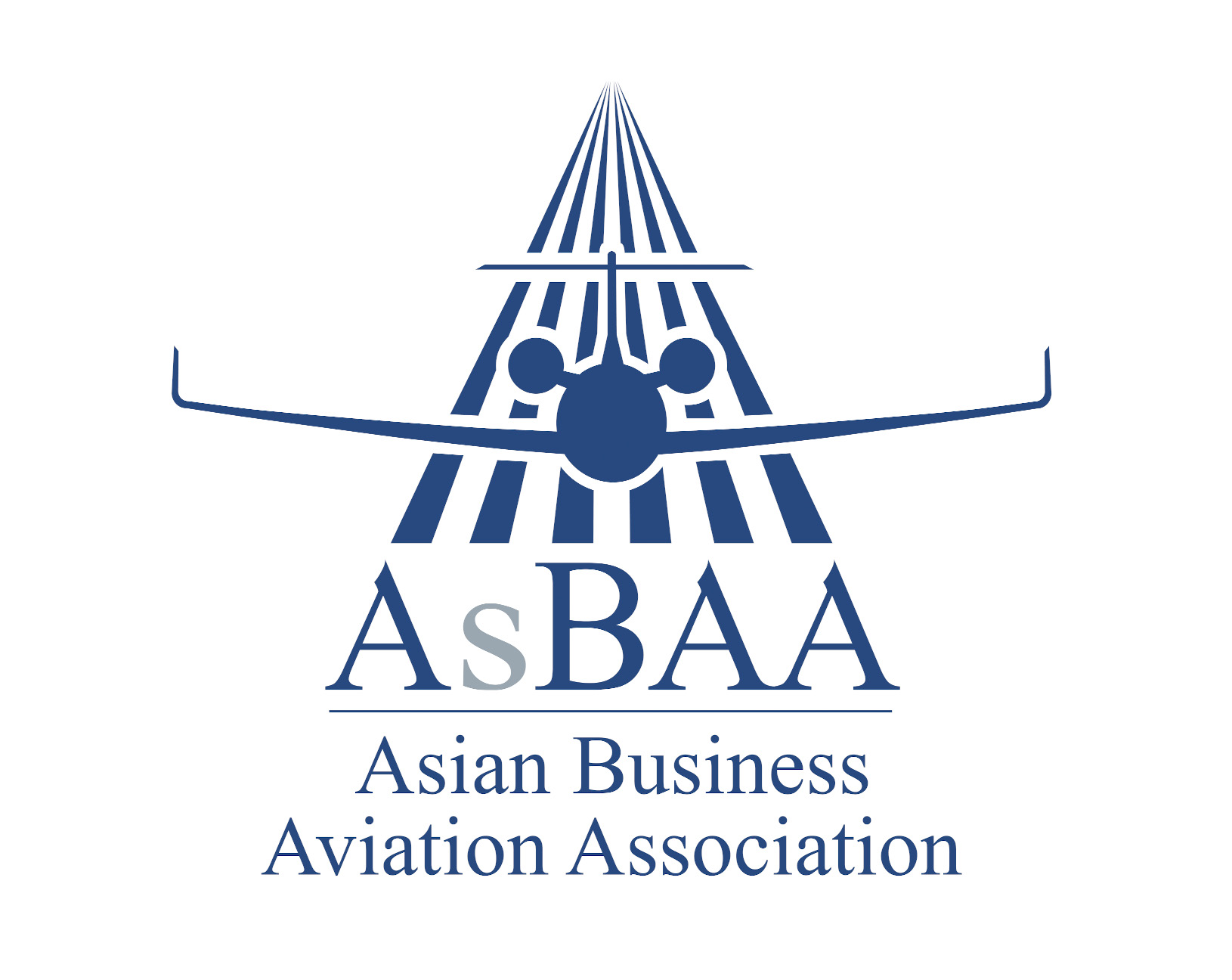Members News: Savvy operators using this COVID-19 downtime to improve IS-BAO/IS-BAH accreditation safety standards – ensuring they are well positioned for the upturn
Aviation Safety Asia has reported a spike in the number of operators moving forward (without penalty) their IBAC accreditation audits in an attempt to efficiently utilise resources and some spare time during the current COVID-19 travel-restrictions hiatus.
Audits can be a stressful period and often fall due at peak business periods, however within the provisions of IBAC many operators are not aware that accreditation audits can be carried out up to 6 months prior to accreditation expiry without penalty (an operator’s 2 year accreditation due to expire in October 2020, for example, can be renewed in May 2020 and still keep the October base date for renewal – obtain 2.5 years of accreditation)
Many operators are also utilising this time to improve standards in the competitive Asian Marketplace and ‘Move up a level’ within the IBAC IS-BAO and IS-BAH programs. Aviation Safety Asia Director Dane Williams says that he has been impressed with the attitude and significance regional operators place on improving safety standards of late. “Within Hong Kong, for example, all management companies are at IS-BAO Stage 3 or are moving towards this accreditation milestone via a structured approach (including on-going gap analysis’) within the next 12 months. Additionally, the Philippines has really adopted the IBAC accreditation program with the first Stage 2 audit being carried out in the country last month and a pending application for the first IS-BAO accredited flight training school in Asia.”
From a ground handling perspective, Mr. Williams says that “unless operators are shown on websites such as www.isbahfbo.com international operators are simply by-passing their FBOs when conducting international planning in regions they are not familiar with. The IS-BAH ground handling program (a sister program to IS-BAO) has grown significantly over the past three years with almost 250 Operators now accredited worldwide (including many AsBAA organisations such as TAG Aviation Macau, MJets Bangkok, HKBAC and Premiair Jakarta.)”
AsBAA sat down Dane Williams, Director of Aviation Safety Asia to discuss some of these responses to COVID-19 and more.
1: Please describe your business model in less than 100 words
Corporate Aviation and Drone (Unmanned) Aviation Safety is our business. We are the solution for all of your aviation compliance, risk and audit needs. ASA is Asia’s only audit company with accredited auditors for both IBAC’s IS-BAO/IS-BAH programs and ISO 9001 across all disciplines of SMS Stage 3, Flight Operations (fixed wing plus rotary) and Maintenance. We have expert consultants used for all Quality/Safety and Maintenance support elements for clients with upcoming tenders, contract bids, or regulatory/third party audits, including contract Safety Managers and internal quality assurance support. We work with a team of industry experts who understand the flexibility required in the dynamic corporate aviation environment to produce efficient and cost-effective Asia-Pacific/Australasia coverage.
2: How has COVID-19 impacted your clients?
Interestingly COVID-19 has provided clients with a real-life opportunity to exercise their risk management tools and in some cases, emergency response (ERP) plans to manage the ongoing threat. On the back of recent civil unrest in Hong Kong, for example, some operators have now exercised their ERP twice in the last six months (and as a result improved processes and learned lessons from such).
Other clients are using the travel restrictions period to ’take stock’ and get all their house in order, bringing forward audits and gap analysis reviews.
3: What advice do you have for AsBAA members at this time?
Make the most of the time now, so your business is best placed for the rebound.
4: When can AsBAA members next connect with you? Eg. Chapter meeting? Safety day?
Aviation Safety Asia regularly participates in regional Safety Days as a guest presenter and panel discussion member and is also an attendee at Hong Kong Chapter meetings. We have offices in both Hong Kong and Melbourne, Australia.
5: What’s next for your company in Asia?
Further packaging of product offerings is what we are finding is key for operators, to use the example of MJets (Bangkok) who last year had both their IS-BAO and IS-BAH accreditation renewed over four consecutive days, they only had to answer to one dual-accredited auditor for the duration.
This saved the company significant downtime, travel costs and the pain of having to re-explain the same thing to another auditor over and over again.
As a result, we are looking to further package options for clients as ‘all-inclusive’ offerings where not only the service but all travel and incidental costs are bundled – there are no ‘hidden extras’ or surprise fees.
We are adding to these ‘bundle’ options our ISO 9001 capability for further streamlining and some clients are using us for 12 monthly ‘gap analysis’ independent reviews to ensure their accreditation will remain in the future and no significant concerns will arise come audit time.
ASA is also now becoming very active in the Flight School (ATO) and Maintenance (CAMO and MRO) consulting areas which we are looking to expand through the recent addition of two new staff members to focus on this area.
ASA is also a strong supporter of the AsBAA Discovery program – we have our first MBA Intern starting with us in the coming months.

About IBAC
IBAC promotes and manages the industry-leading standards for safety and best practice;
- International Standard for Business Aircraft Operations (IS-BAO)
- International Standard for Business Aviation Handling (IS-BAH),
- Safety Management Tool Kit,
- SMS eLearning training and the
- Aircrew Identification Card.
IBAC advise that they accredit only individuals as IS-BAH and IS-BAO auditors, not companies.

